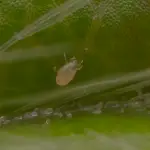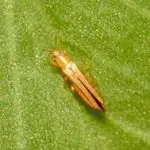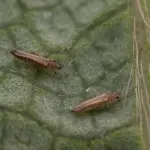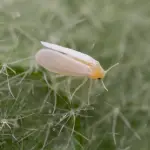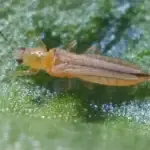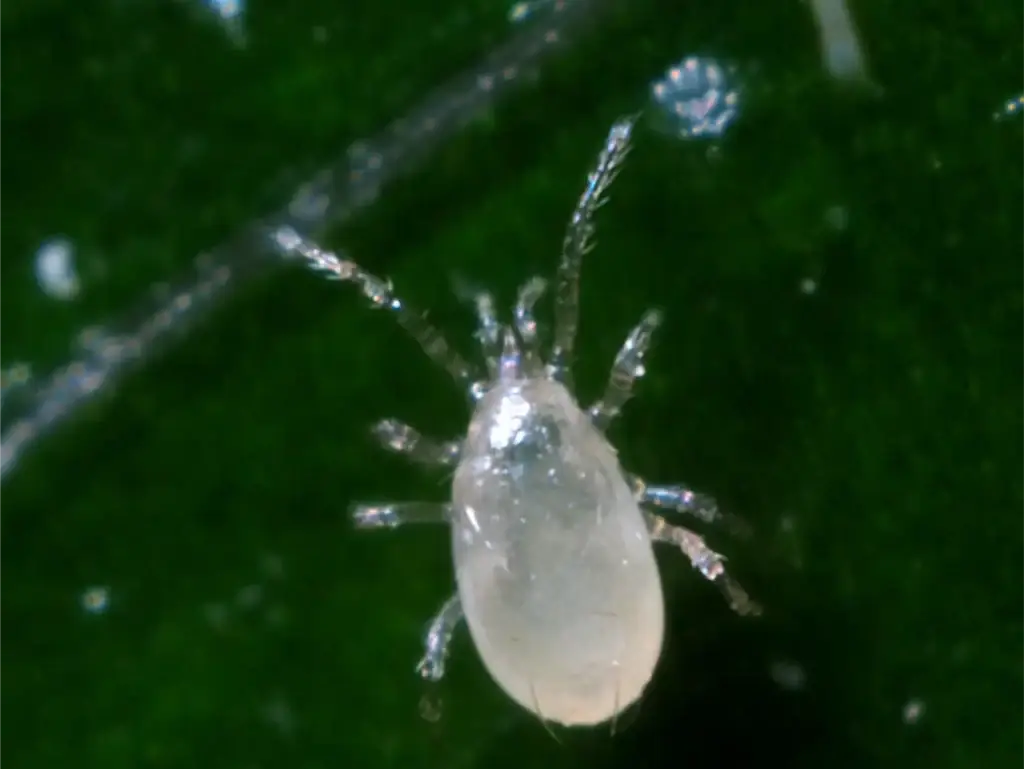Montdorensis
Overview
Typhlodromips montdorensis (Monty) is a subtropical predatory mite used mainly to control whitefly and thrips in greenhouse crops.
It is ideally suited to capsicums, cucumbers, eggplant, green leaf crops, cannabis, flowers and ornamentals. Where cooler temperatures commonly occur, Cucumeris or Lailae will be more effective.
Monty was first discovered in southern Queensland by Marilyn Steiner in 1994 during a project funded by Horticulture Australia. Biological Services commenced commercial rearing of Monty that same year, but this was later shelved because we could rear Cucumeris more easily and in much higher numbers.
Since then we have developed more advanced rearing methods and today, we produce Monty reliably in the necessary quantities to supply commercial growers.
Pests Montdorensis can help you control
You can use Typhlodromips montdorensis primarily to control whitefly and thrips in your greenhouse crops. It can also help you control eriophyid and tarsonemid mites.
How Montdorensis controls pests among crops
Montdorensis roams the crop and consumes its prey on contact. An adult predator consumes an average of 14 thrips larvae per day, feeding on both first and second instar prey.
We recommend using Monty in conjunction with Orius tantillus, Franklinothrips vespiformis, and Hypo Mix in crops where thrips pressure is high.
While Montdorensis can help suppress whiteflies in many crops, they do not establish in tomatoes. In any crop where whiteflies are the dominant pest they should be used in conjunction with Encarsia, Eretmocerus (hayati or warrae), and Nesidiocoris. Our team can advise you on the appropriate beneficial species for each situation.
They also prey upon many small arthropods and pollen.
Certain pesticides and fungicides affect Montdorensis, so contact your local Biological Services Consultant for specific advice.
How you can order Montdorensis
You can order Typhlodromips montdorensis from Biological Services as loose material in 1 or 1.5 litre containers at 100,000 mites/litre. You can also order them in slow-release sachets (500 sachets/box).
Get tailored advice for your commercial crop
To speak with one of our qualified consultants about your current commercial crop challenge or to learn about the benefits of the IPM maintenance and monitoring services we provide, contact us.
